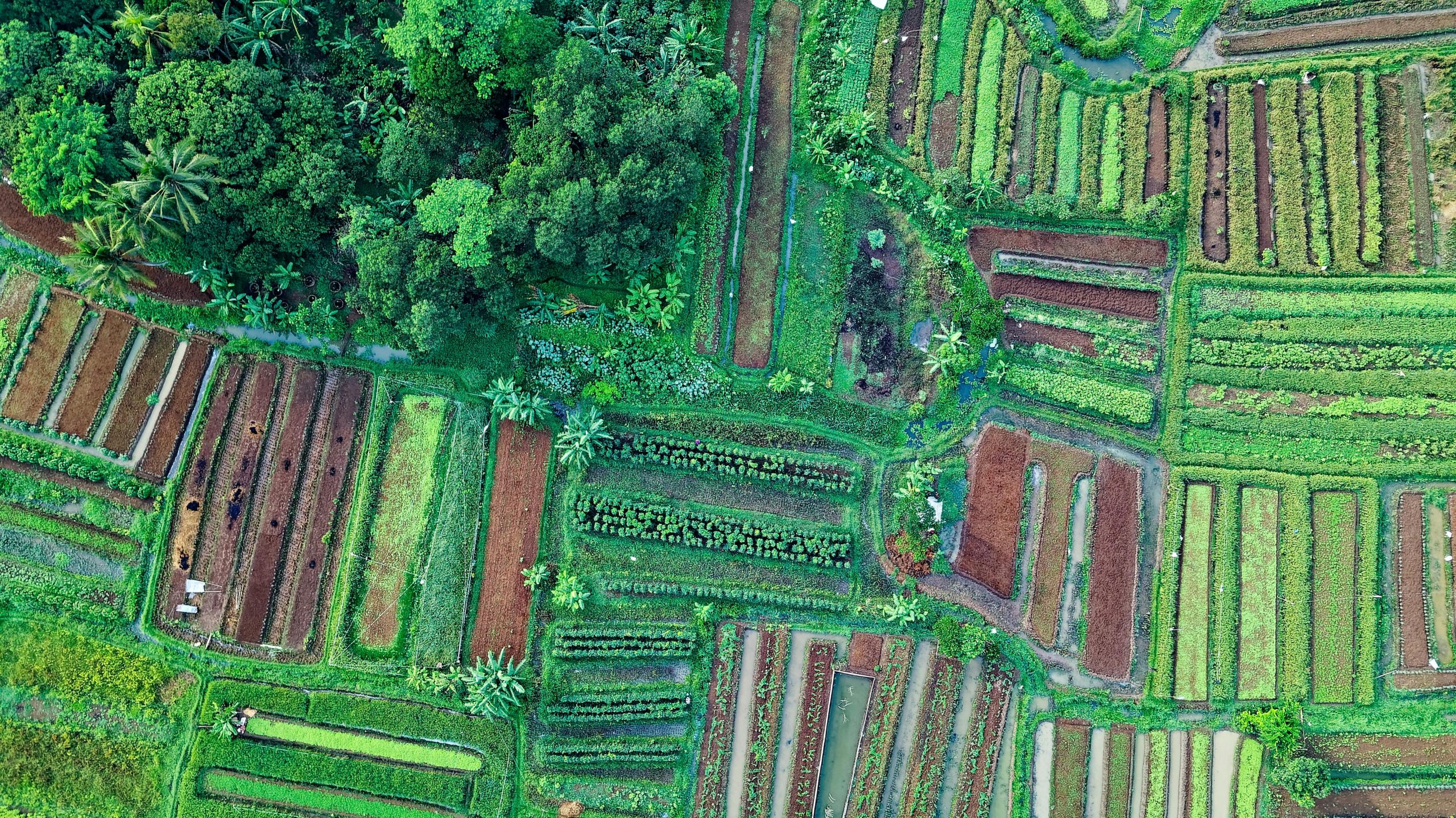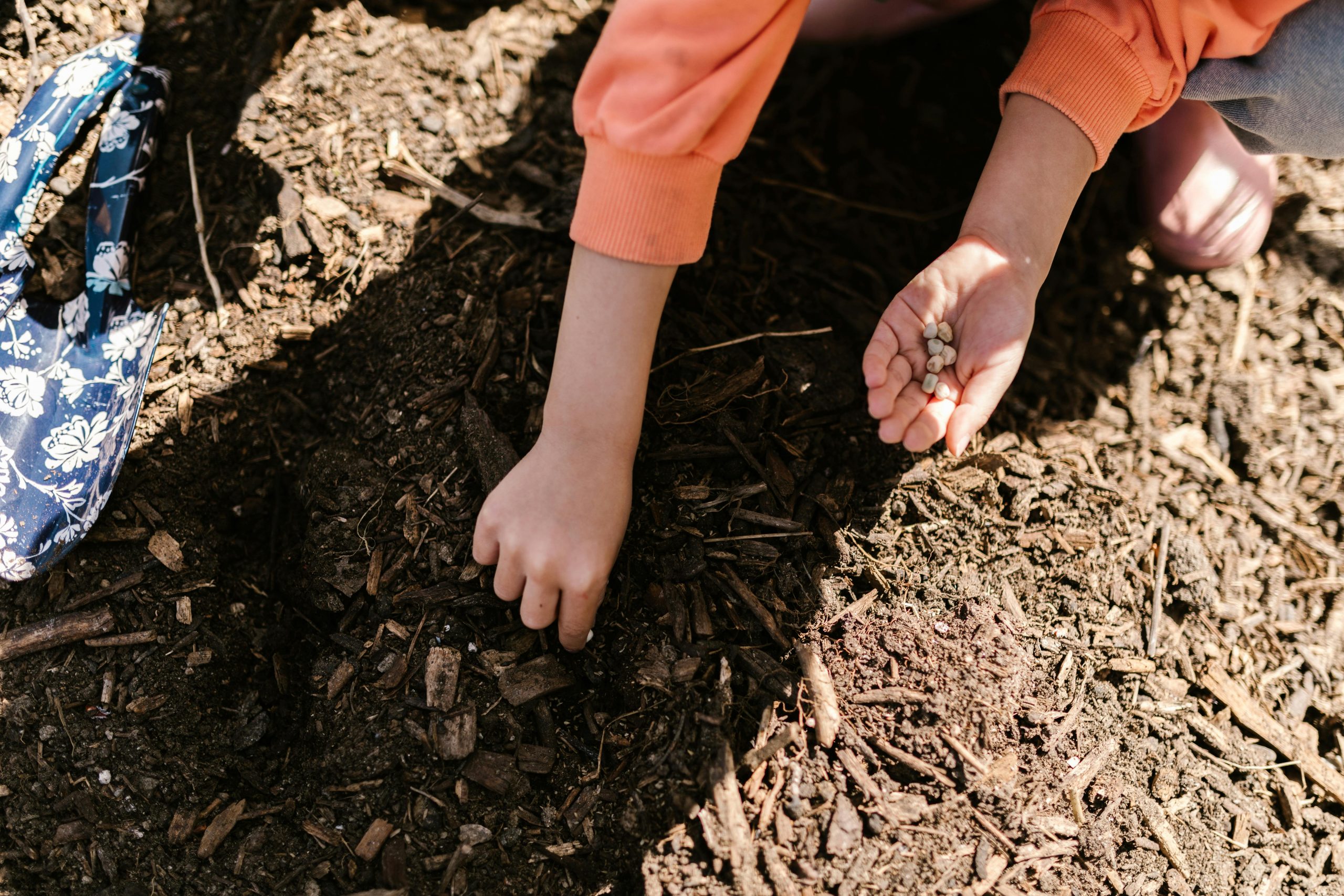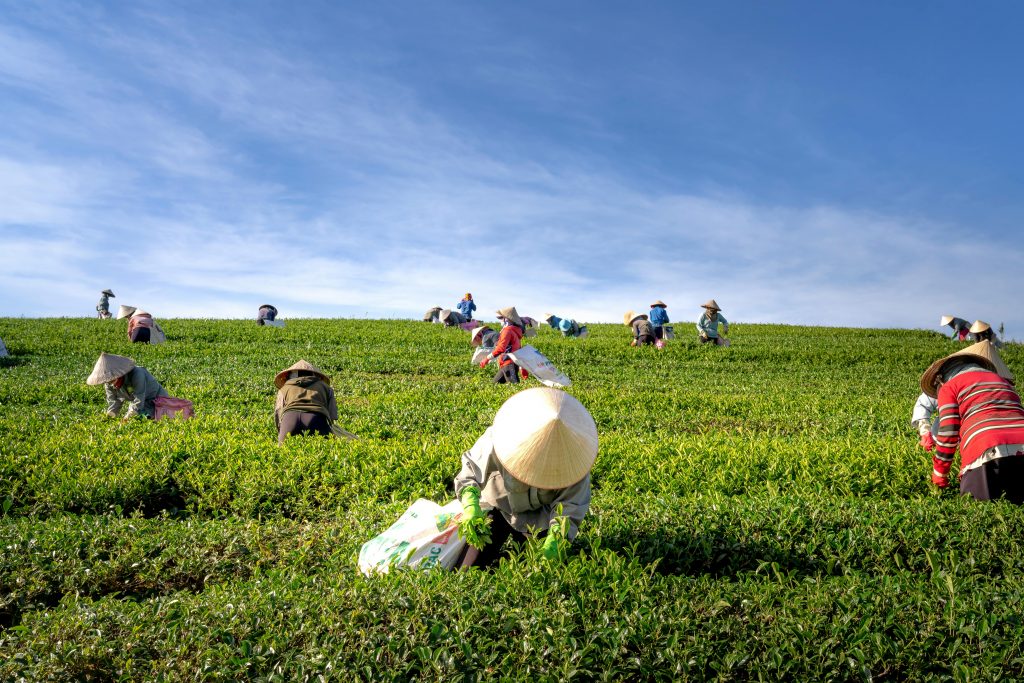- Practice crop rotation to prevent soil depletion, reduce chemical use, and improve yield and soil health.
- Use organic methods, avoid synthetic inputs, and invest in organic heirloom seeds to enhance crop resilience.
- Conserve water with efficient irrigation and rainwater collection to reduce waste and lower water bills.
- Support pollinators by planting native species, creating habitats, and avoiding harmful pesticides to boost crop reproduction.
In today’s world, sustainability is a crucial buzzword that we all hear about constantly. From reducing waste to conserving energy, there are countless ways we can all do our part to help protect the environment. For gardeners and farmers, there are specific steps that can be taken to become more sustainable in their practices. This blog will explore essential tips for gardeners and farmers who want to make a positive impact on the planet while still growing beautiful crops.
Practice Crop Rotation

One of the simplest ways to become more sustainable as a gardener or farmer is to practice crop rotation. This involves planting different crops in different areas each season, which helps prevent soil depletion and reduces the need for chemical fertilizers.
By rotating crops, you can improve soil health, reduce pests and diseases, and increase overall yield without relying on harmful chemicals. This method also reduces the risk of soil erosion and nutrient depletion, which can have long-term adverse effects on crop production.
Use Organic Methods
Another important tip for becoming more sustainable as a gardener or farmer is to use organic methods whenever possible. This means avoiding synthetic pesticides and fertilizers in favor of natural alternatives like compost, manure, and beneficial insects. You should also consider investing in organic heirloom seeds.
These seeds are not genetically modified and will produce healthier, more resilient plants. They also help preserve genetic diversity in agriculture. Organic farming not only protects the environment by reducing pollution and promoting biodiversity but also produces healthier crops that are free from harmful chemicals.
Conserve Water
Water conservation is crucial for gardeners and farmers looking to become more sustainable. By using efficient irrigation systems like drip irrigation or soaker hoses, you can reduce water waste and save money on your water bills. Collecting rainwater in barrels or cisterns is another excellent way to conserve water and ensure that your plants have access to clean, chemical-free water.
Support Pollinators
Pollinators like bees, butterflies, and birds play a vital role in agriculture by helping plants reproduce. To support pollinators on your farm or in your garden, plant native flowers and herbs that attract these beneficial insects and provide them with food sources throughout the year. Avoid using pesticides that harm pollinators and create habitat areas where they can nest and thrive.
Compost Waste

Finally, one of the best ways to become more sustainable as a gardener or farmer is to compost organic waste materials like kitchen scraps, yard trimmings, and livestock manure. Composting reduces landfill waste and creates nutrient-rich soil amendments that can be used to improve soil fertility naturally. Here are the four steps to successful composting:
Reduce the Amount of Waste You Produce
Reducing waste is the first step towards successful composting. Avoid buying excess food that will go to waste, and try to use as much of your produce as possible before it spoils. You can also reduce waste by reusing items like plastic bags and containers.
Build a Compost Bin
A compost bin can be as simple or elaborate as you want, but it should have adequate air circulation and drainage. You can purchase a pre-made compost bin or build one yourself using materials like wood pallets, wire mesh, or even an old trash can.
Add Organic Materials
To create compost, you need a balance of nitrogen-rich “green” materials like food scraps and grass clippings and carbon-rich “brown” materials like leaves and straw. Aim for a ratio of about three parts brown to one part green.
Maintain and Turn Your Compost
Regularly turning your compost will help aerate it, allowing for faster decomposition. Keep the pile moist but not soggy, and add more materials as needed to maintain the balance of green and brown materials.
Composting waste not only benefits your garden but also the environment as a whole. It reduces greenhouse gas emissions from landfills, decreases the need for chemical fertilizers, and helps to sequester carbon in the soil. Additionally, composting can save you money on purchasing fertilizers and reduce your overall waste output.
Embracing sustainable practices in gardening and farming isn’t just beneficial for the environment—it’s essential for the long-term health of our planet. By adopting methods like crop rotation, using organic inputs, conserving water, supporting pollinators, and composting waste, gardeners and farmers can significantly impact environmental preservation while enhancing the productivity and resilience of their crops. Let’s cultivate a greener, more sustainable world one garden at a time.


